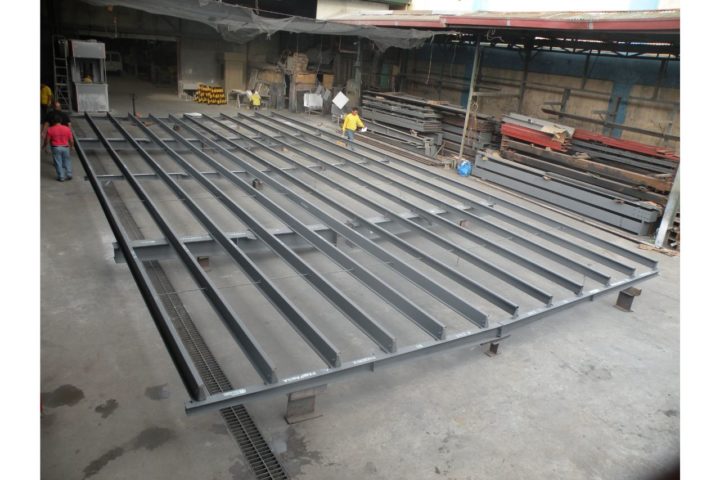

Numerous industries rely on steel for accomplishing daily operations with efficiency. However, the uses of structural steel in construction have always been the most evident.
Structural steel boasts numerous intrinsic properties and proves how it is the most ideal material to work with. Its versatility, wide-availability, sustainability, durability, malleability, and affordability offer a plethora of benefits for a wide range of applications. Arguably, almost all types of construction projects in the Philippines make use of steel components.
The construction industry continues to benefit from structural steel until today. Here are some of its uses. Continue reading to learn more.
Buildings, no matter what type and height, use customized structural steel fittings to properly support the structures.
Keep in mind that the structural steel products seen in traditional stores may not fit the requirements needed in constructing buildings. Settling for ready-made items may cause costly errors and even fatalities.
For this reason, the properties that make structural steel important for buildings are durability and customizability.
Structural steel sections provide immensely durable frames, reinforced steel bars bind and add tensile strength to concrete, and steel sheet products are fabricated for roofing, purlins, internal walls, ceilings, columns, bars, girders, plates, and cladding.
In this application, no other material can ensure the structural integrity of the tall skyscrapers seen in central cities and low-rise buildings that house companies or residential properties.
In general, steel is highly malleable. Its metallurgical characteristics enable it to be fabricated into any shape and size without affecting quality.
Additionally, it is prized for withstanding environmental forces such as strong winds and earthquakes. When steel is exposed to these conditions, its tensile strength will cause bending instead of snapping. It is a great option no matter what the climate in the building site might be.
Another added benefit for buildings is the speed of construction that steel lends itself to. By partnering with the right fabricators, structural steel parts can be fabricated quickly, allowing for an accelerated rate of construction. It can also mean reduced physical waste for last-minute construction design changes.
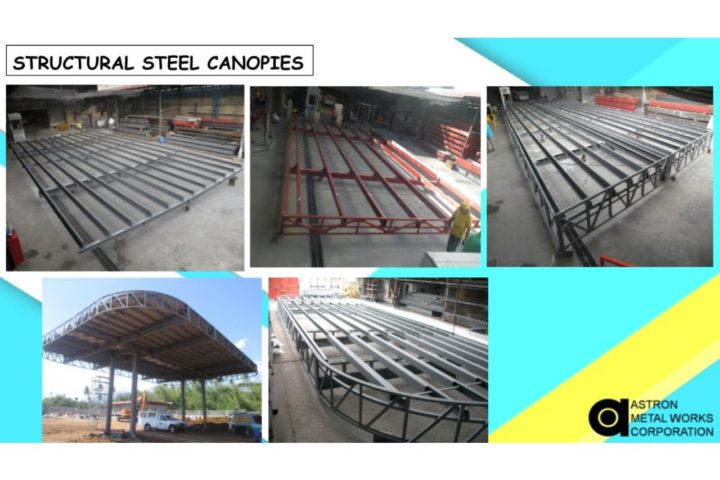
Structural steel is commonly used to construct bridges. Its outstanding durability is highlighted again when it comes to building massive structures.
By definition, a bridge is a structure for connecting two sections of land, often passing bodies of water or other roads. Structural steel boasts of a high tensile strength, which is crucial as bridges need to withstand extreme loads. For example, bridges carry the weight of vehicles and pedestrians.
As bridges are often constructed over water, the material used to build them must have high corrosion resistance as well. Corrosion poses dangers to structural soundness. Structural steel is corrosion-resistant and its various grades have varying lifespans, often needing minimal maintenance.
Structural steel proves to be useful when it comes to constructing manufacturing plants as well. The facilities must be built with durability in mind.
From fire escapes, steel staircases, catwalks, and decking, structural steel is fabricated for use in manufacturing plants. For example, if not for the processes the fabrication of steel entails, today’s food and beverage facilities would not be as functional, structurally sound, and emergency ready.
Structural steel is also known for being widely available and affordable. Given that there is a need for numerous manufacturing plants sprawling across the country, it proves to be the ideal construction material.
Other steel items found in manufacturing plants include conveyor systems, racks and shelvings, holders, hoppers and diverters chutes, storage and mixing tanks, production and work tables, cabinets, production and utility carts and wash basins and sinks.
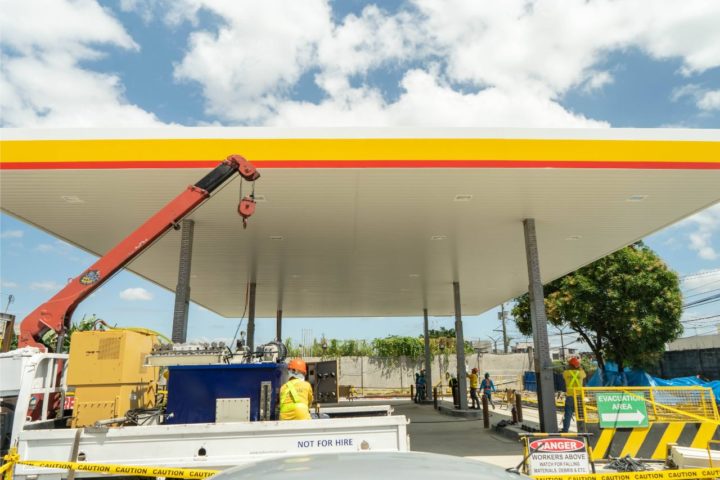
To add to structural steel’s many uses, it is heavily relied on when constructing canopies as well.
A common sight at gas stations, entrances to buildings, and over toll booths and walkways, canopies serve an essential purpose for a wide array of industries: To provide signage and shelter for people, vehicles, and equipment.
Given that structural steel is highly customizable, prefabricated canopies can be transported and installed for gas stations. Other uses of steel in constructing gas stations include column buffers, bump guards, tire inflator housings, cashier’s booths, and pump island trims.
These are just some of the uses of structural steel in construction. As a versatile material, its applications for projects are endless.
From towering skyscrapers, stretching bridges, manufacturing plant fixtures, and gas station canopies, structural steel is definitely one of the most reliable materials available on the market. With impressive durability, tensile strength, and malleability, it is relied on by the construction industry. In fact, numerous sectors highly favor structural steel as well.
If you have any need for customized structural steel parts, Astron Metal Works is more than equipped to cater to you. Our years of expertise in the Philippine metal fabrication industry enables us to craft premium steel parts while keeping your specifications in mind. Click here to contact us today!
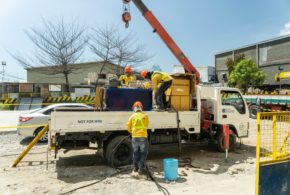
What are the benefits of quality control in metal fabrication? Enhances safety Cost savings Compliance with industry standards Boosts customer loyalty When sourcing for an industrial fabricator in the Philippines, it’s crucial to choose one that has an in-house quality control procedure. In the metal fabrication and manufacturing industry alike, quality control is defined as […]
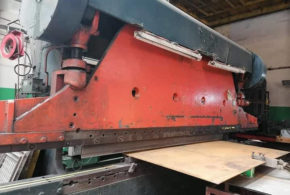
What are the techniques used in sheet metal fabrication? Shearing Cutting Bending Punching Assembling Sheet metal fabrication is defined as the manufacturing process of shaping sheet metal according to functional needs. Sheet metal is one of the most ideal materials for a wide array of industries because it is lightweight and immensely ductile. The techniques […]
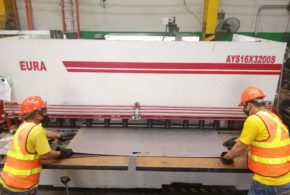
What are the uses of CNC cutting services in the Philippines? Construction materials Food production items Metal furniture Gas station fixtures CNC cutting refers to the metal fabrication procedure that involves using computer numerical control routers with the advantage of versatility and flexibility being derived from automation. The computerized routers are adept in cutting […]
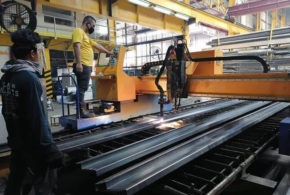
What are the uses of sheet metal fabrication? Construction Petroleum Industrial Industries Sheet metal refers to metal formed into thin sheets, typically by hammering or rolling. It is highly durable and able to maintain its structural integrity, making it easy to work as it can be bent, stamped, cut, dished, and punched. Sheet metal fabrication […]